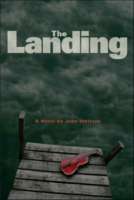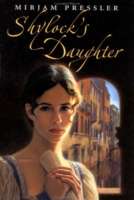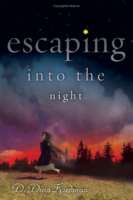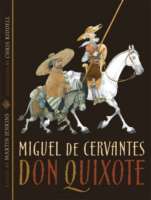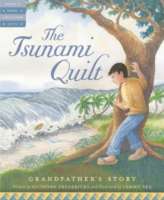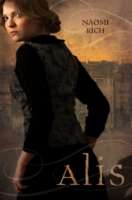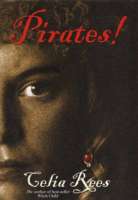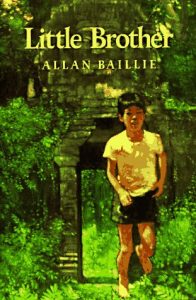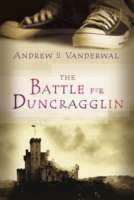
Set in the time of William Wallace, this is historical fiction at its bloody best! One of history’s most turbulent times comes to vivid life in this thrilling new novel. Twelve-year-old Alex has been raised by his uncle since his parents disappeared on a trip to Scotland many years ago. He’s resigned to spending the summer in Scotland with yet another relative and finds himself on a farm near the ruined remnants of an ancient castle that is rumored to be haunted. Could it have a connection to his parents’ disappearance?With three newfound friends, Alex sets out to discover the secret of a sealed cave along the rugged coast that borders the farm. The secret is far more powerful than anything they could have imagined, and they are catapulted to the very brink of a hellish past — the bloody late 13th century when the great Scottish rebel, William Wallace, was fighting a guerilla-style military campaign. Full of high drama as well as humor, bloodshed, and great tenderness, this fine novel marks the arrival of a major voice in historical fiction.

